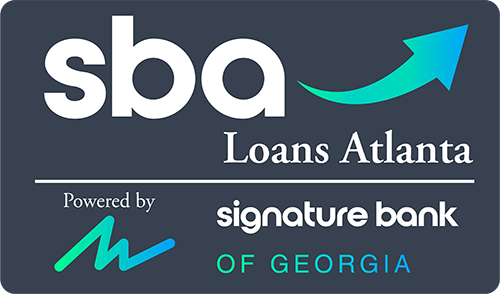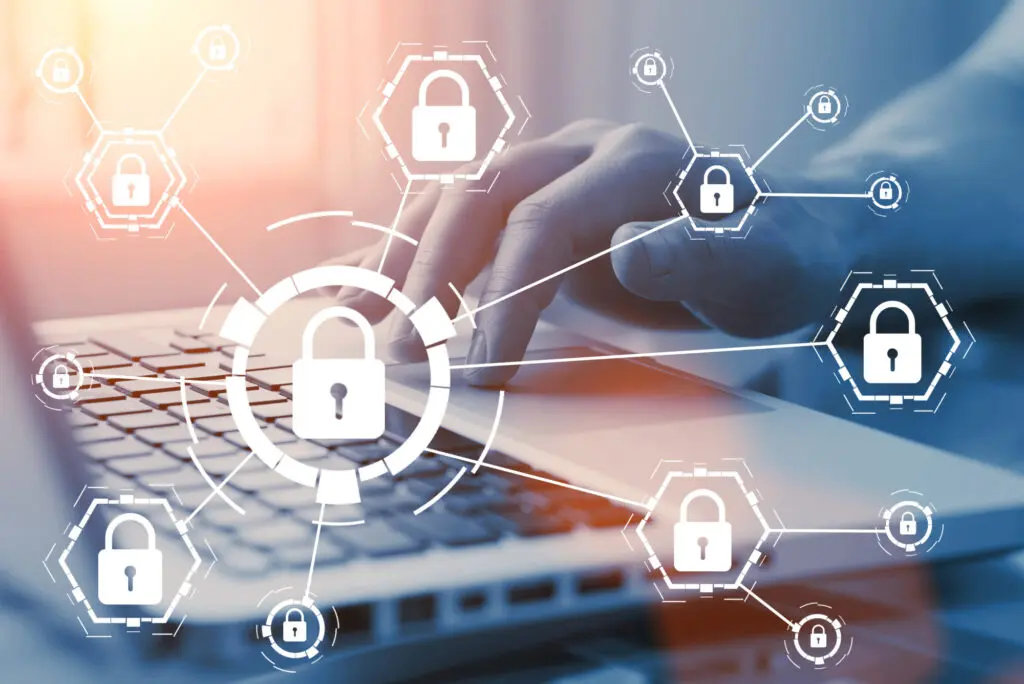In the United States, 33% of banks’ fraud costs in 2021 were due to online banking. Online banking is a great way to take care of your finances in a convenient way. However, there are an increasing number of scammers and hackers that can target your online bank accounts.
Because of this, it is necessary you learn how to prevent these online banking security issues. Do you want to learn more about protecting your information with online banking?
Keep reading these top tips to improve your e-banking security.
Carefully Choose Your Banking Institution
One of the most important things you can do to protect your online banking information is carefully choosing your bank. When looking for a new bank, you may prioritize low fees.
However, you should also prioritize finding a bank that has high-quality security measures. This includes things like multifactor authentication to lower the chance of hackers being able to get into your account.
You should also choose a bank that is reliable and trustworthy in the event of a hacked account. They should be able to help you recover your account and any lost money.
Avoid Public Wi-Fi
When you are using your online banking, it is also important you avoid using public wi-fi networks. When you use a public network, there is a chance others can see what pages you visit and what you send online.
Instead, you should always use your cellphone data or wait until you get home to log onto your bank account.
Improve Password Strength
Another important part of improving your banking security is by improving the strength of your online banking passwords. If you have weak passwords, it becomes much easier for people to gain access to your accounts.
There are many easy tips you can follow to improve the strength of your passwords. Typically, it is recommended that you use a mix of both uppercase and lowercase letters. You should also use other numbers and special characters to make the password more complex.
When making passwords, you must also avoid using things that are easy to guess, like your name or birthday.
You should also regularly change your passwords. The more often you change the password to your account, the harder it will be for hackers to log in. Still, you must make sure that you don’t change it too often that you forget your own password and get locked out of your account.
Regularly Check Bank Statements
Even if you follow all the right steps to protect your bank account, there are ways a hacker can gain access to your finances. Because of this, it is necessary that you regularly check your bank statements. It is recommended you do this at least once a month.
This way, you will be able to review all of your transactions and catch those that may seem more questionable.
Even if you don’t review your bank statements, most banks are able to recognize fraudulent activity on your account. Still, reviewing your statements will give you peace of mind that nothing went unnoticed.
Get Transaction Alerts
If you don’t want to log in to your bank account to check your bank statements, you can also ask your bank to send you text alerts when you make a large transaction or if your balance drops below a certain amount.
This is a great way to catch bank fraud, as it will immediately alert you to purchases you didn’t make.
When you have transaction text alerts, you can change the password to your account or freeze your account activity at the first sign of fraudulent activity. This will also make it easier for you to dispute charges you didn’t make. Signature Bank has several solutions for monitoring your accounts closely.
Without alerts, you may never notice purchases that were made by someone else.
Recognize Common Banking Scams
Learning to recognize common banking scams is another helpful way to protect your online bank account. Often, scammers will use the same tactics over and over. By recognizing these commonly used tactics, you will be less likely to fall for them.
One of the most common types of scams is telephone scams. People will call you and try to steal your money or gain access to your personal information.
Another common banking scam is an overpayment scam. In these situations, someone will send you a check, tell you to deposit it, and will then claim that they sent too much money. They will ask you to send part of the money back to them.
In this scam, the original check was fake, so you will lose all the money you wired and get nothing in return.
Never Share Personal or Bank Information
Finally, it is important you learn to never share your personal or bank information with others. Often, hackers and scammers have tricks that may get you to reveal your personal information.
They may call you, pretending to be someone from your bank. Or, they may create fake websites that look just like your banking website in an attempt to make you log into your account.
However, your bank will never send you a request asking for private information. Instead, you should only provide this information if you are the one that made the call to your bank.
You should also always type in the URL for your bank, rather than following a link. This way, you can be sure you are logging into the right source.
Need Help Improving Online Banking Security?
Learning how to bank online is simple and convenient for many people. Still, it is important to recognize online banking risks so you can protect your finances. By following each of these security tips, you can prevent online banking fraud and keep your private information safe.
Do you need help improving your online banking security? Signature Bank of Georgia can help! We provide business and personal banking services and prioritize having high-quality security standards.
Contact us today to learn more about our online banking services or to schedule an appointment.


